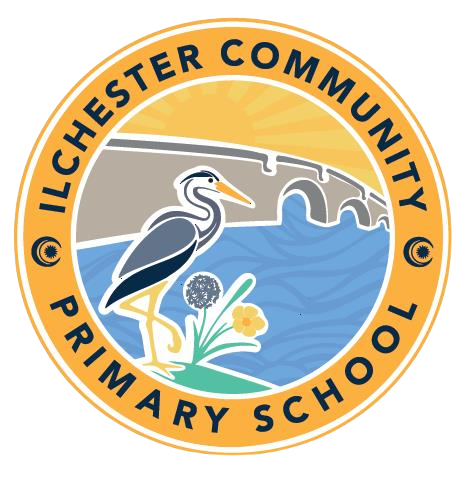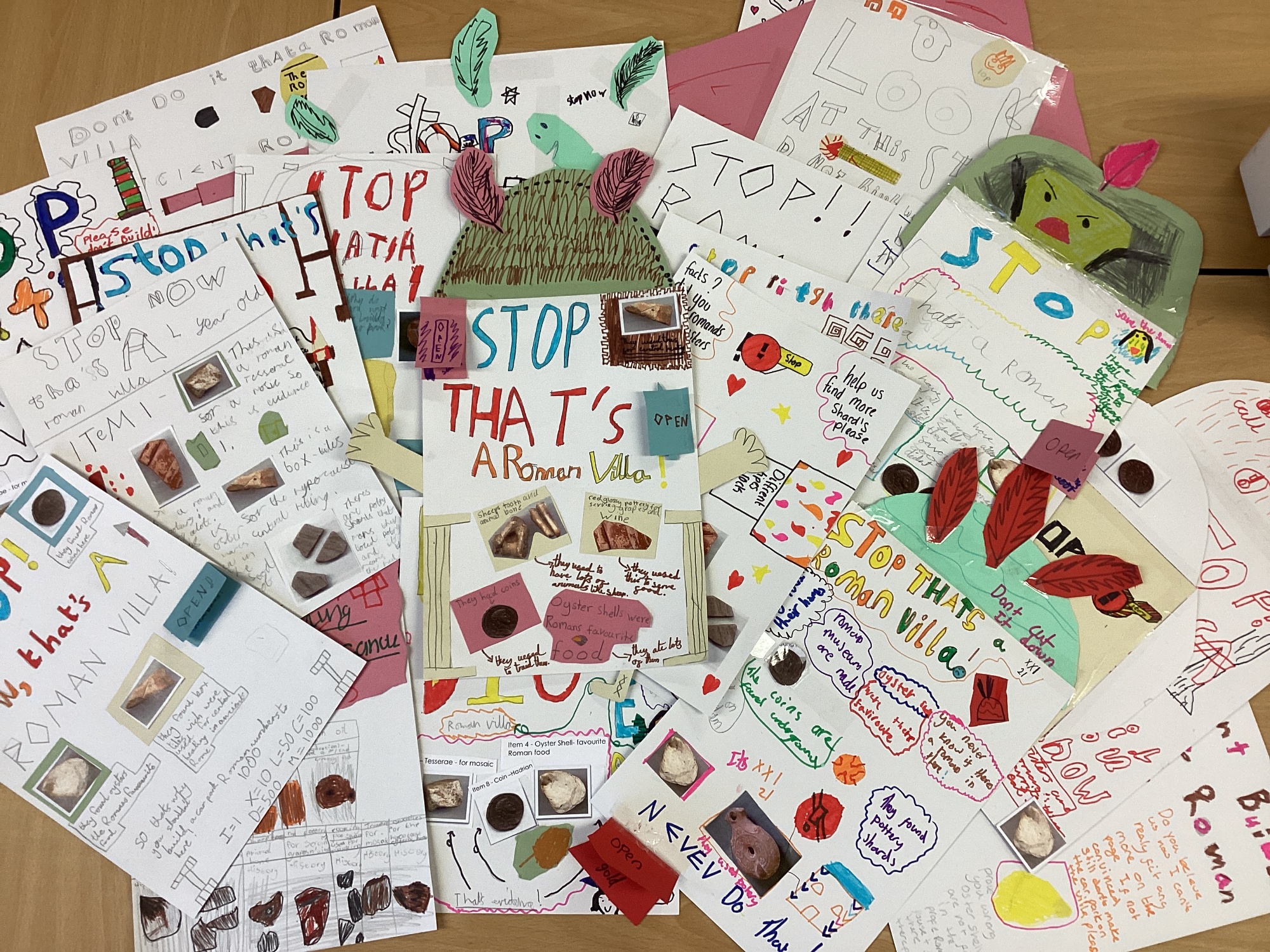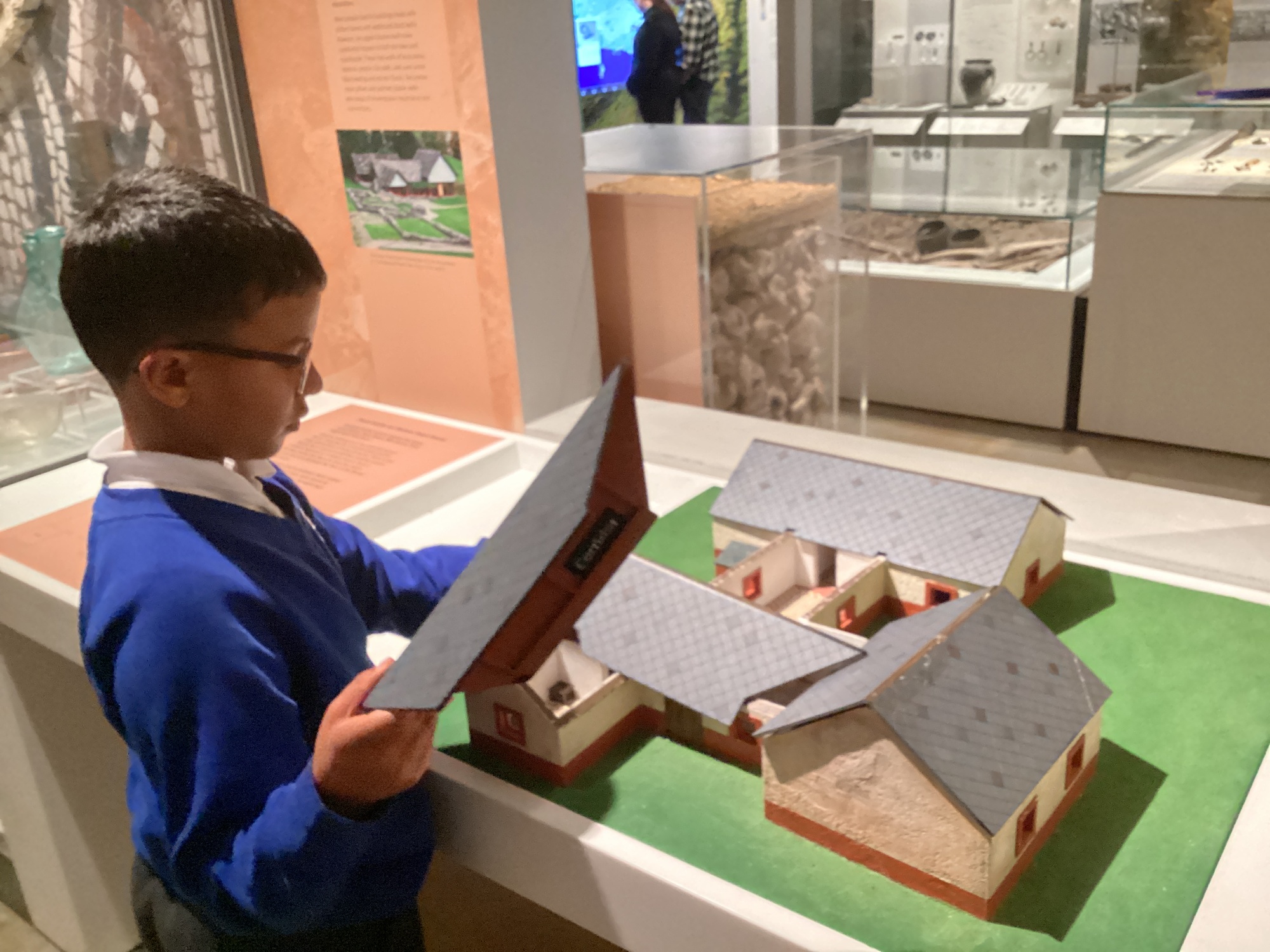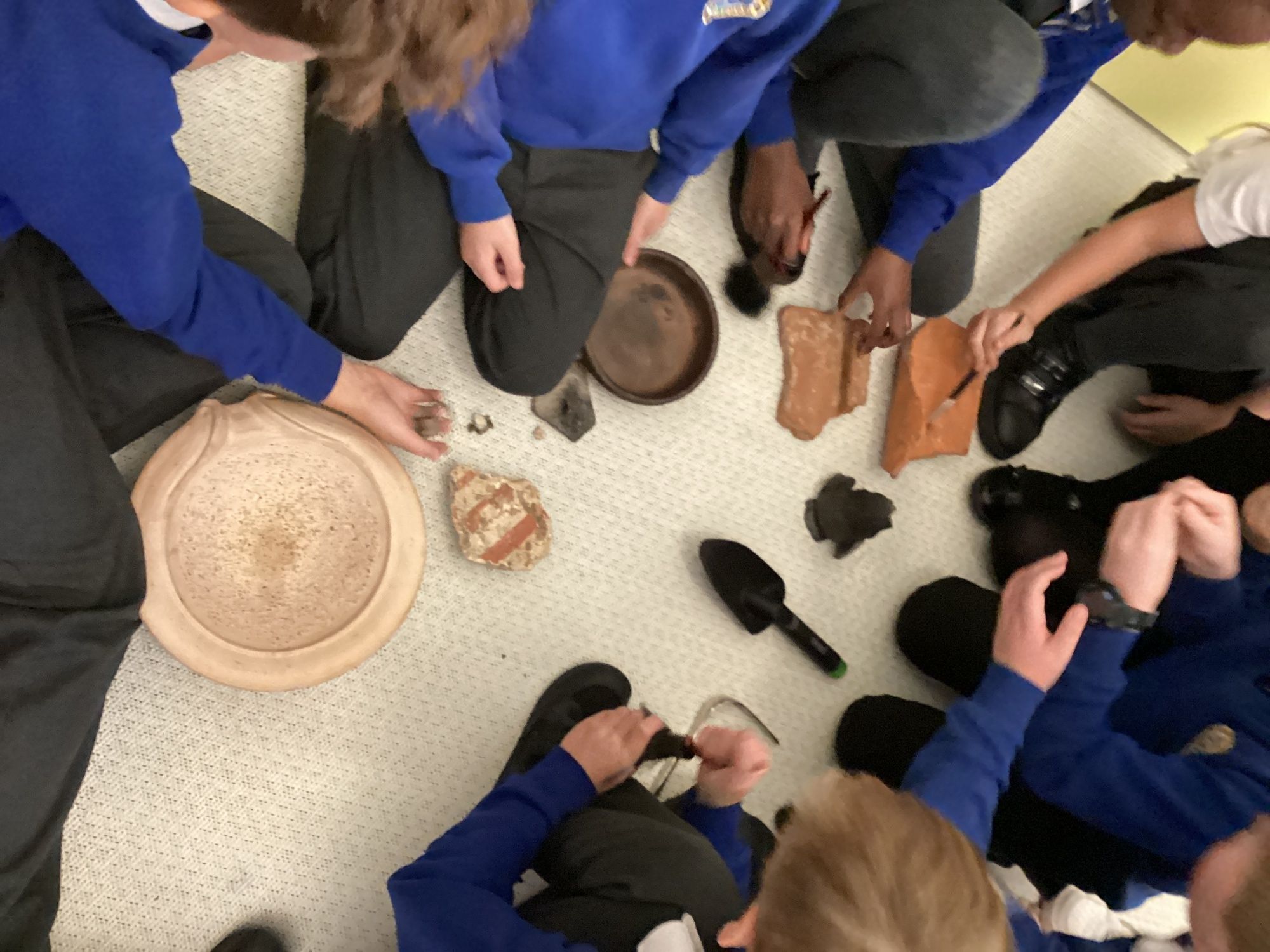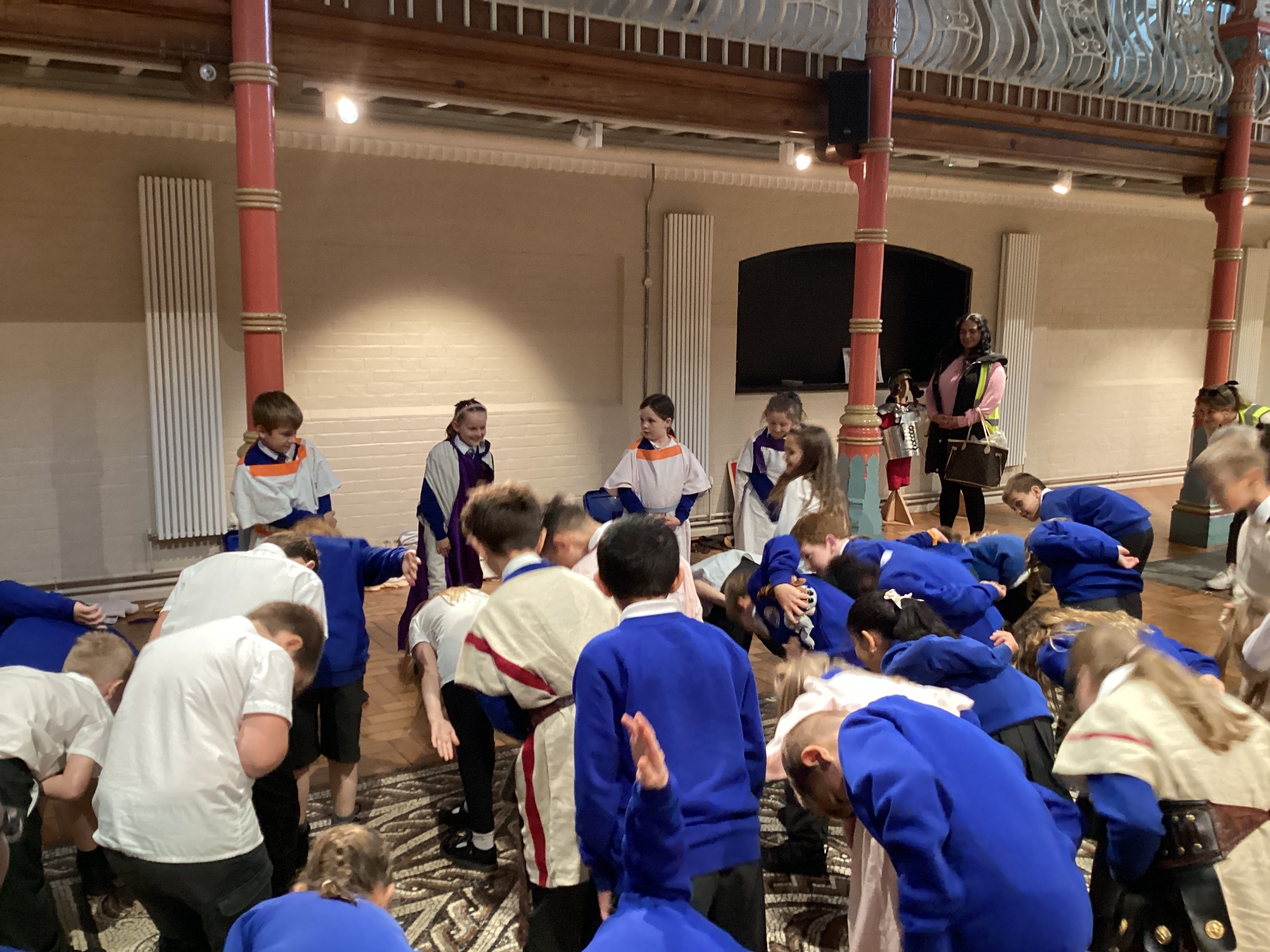History
Purpose of Study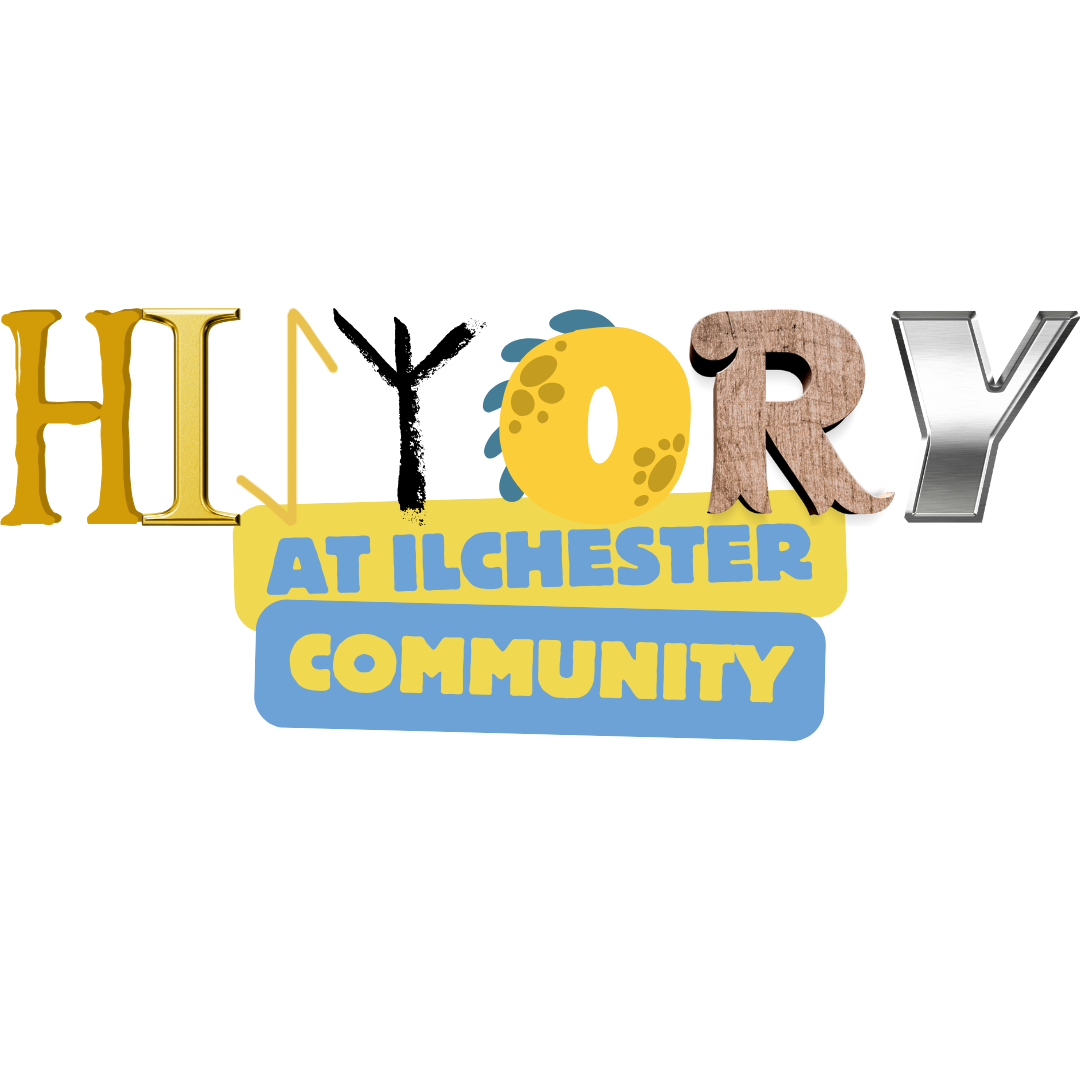
A high-quality history education will help pupils gain a coherent knowledge and understanding of Britain’s past and the wider world. It should inspire pupils’ curiosity to know more about the past. Teaching should equip pupils to ask perceptive questions, think critically, weigh evidence, sift arguments, and develop perspective and judgment. History helps pupils to understand the complexity of people’s lives, the process of change, the diversity of societies and relationships between different groups, as well as their own identity and the challenges of their time.
Source: National Curriculum, 2014
Intent
At Ilchester Community Primary School we aim to inspire our children to become inquisitive and curious individuals who will gain a coherent knowledge of history locally, nationally and globally. Through a rich and engaging history curriculum, children will develop an awareness of how history shapes our present and future and they will be equipped with the essential knowledge, skills and a voice to become active and informed citizens.
Our School Values are woven through our History curriculum, ensuring that each unit of learning not only imparts disciplinary skills and substantive knowledge but also reinforces the principles of equity, belief, kindness, curiosity, bravery and aspiration.
Equity - Our history curriculum emphasises the importance of equity by ensuring diverse perspectives and voices are represented. We study the contributions and experiences of various cultures, genders, and social groups, fostering an inclusive environment where every child feels valued and respected.
Belief - We encourage children to believe in their ability to make a difference by learning about historical figures who have overcome challenges and achieved great things. By examining the impact of belief and perseverance in history, children are inspired to develop confidence in their own potential.
Kindness - Kindness is promoted through lessons that highlight acts of compassion and humanitarian efforts throughout history. By understanding the significance of empathy and support in historical contexts, children learn the importance of kindness in their own lives and communities.
Curiosity - Our curriculum ignites curiosity by encouraging children to ask questions, explore different historical periods, and connect past events to present-day issues. We foster a love for learning and discovery, helping children develop a lifelong passion for understanding the world around them.
Bravery - We teach children about the bravery of individuals and groups who have stood up for their beliefs and fought for justice. By studying these examples, children learn the value of courage and the importance of standing up for what is right, even in the face of adversity.
Aspiration - Our history curriculum fosters aspiration by highlighting the achievements and ambitions of historical figures and movements. We study individuals who have set high goals and worked tirelessly to achieve them, demonstrating the power of ambition and perseverance. By examining the journeys of these inspiring figures, children learn the importance of setting their own aspirations and striving to reach their full potential.
Through our history curriculum, children will have a clear understanding of the chronology of British history and that of the wider world. Our four key concepts of everyday life: Legacy, Invasion and Settlement and Hierarchy and Power-are embedded in our teaching of each unit and run throughout school from the EYFS up to year 6. Children will be taught a range of disciplinary skills to support them in thinking like historians. We will provide the opportunity for children to investigate and evaluate the past through access to a rich variety of historical sources.
Our locality and community are central to the planning of our History curriculum. Ilchester as a place holds much history as a Roman settlement and has a museum in the town. Our local area provides a wealth of opportunities for trips out, visits and an extensive variety of outstanding historical sources. Our school is situated near a large military base whose families make up a large percentage of our school community. The service families work closely with the school to educate and enrich children’s learning as part of our History curriculum.
Implementation
We are dedicated to delivering a high-quality history curriculum and this will be successfully implemented through:
Broad and Balanced Curriculum: We have developed a carefully planned and sequenced overview that covers a broad range of historical topics and themes. Our curriculum covers key periods of British and world history, providing a balance between local, national, and global perspectives. Our four Key Concepts provide children with consistent themes which run through each unit of our curriculum from the EYFS to year 6. These concepts support the children when making links between units and support their chronological understanding. Our curriculum is designed to be progressive, building upon prior knowledge and skills, and drawing connections between different time periods. It is essential for us that the planned curriculum reflects our school locality and community and gives our children an authentic voice with which to join the conversation about the world and the times they are living in.
Engaging and Authentic Learning Experiences: We strive to provide pupils with immersive and authentic learning experiences. This includes visits to museums, historical sites, and places of local significance, as well as inviting expert speakers and organising workshops. We also make use of historical resources and artefacts to enhance learning.
Disciplinary Skills: Children will be taught a range of disciplinary skills to support them in thinking like historians. We will provide an opportunity for children to investigate and evaluate the past through access to a rich variety of historical sources, fostering their skills of enquiry, critical thinking, and interpretation. Through questioning, researching, and analysing evidence, they develop the ability to draw conclusions and form justified historical arguments.
Explicit Vocabulary Teaching: We recognise the importance of language development within history and use knowledge organisers to explicitly teach subject-specific vocabulary. This supports pupils in understanding and effectively communicating historical concepts, events, and processes.
Inclusion and Cultural Diversity: We also value the importance of ensuring historical diversity and inclusion within our curriculum, representing a wider range of cultures, traditions, and perspectives. This enables our pupils to develop an understanding and respect for different viewpoints, fostering a sense of empathy and tolerance.
Curriculum Overview
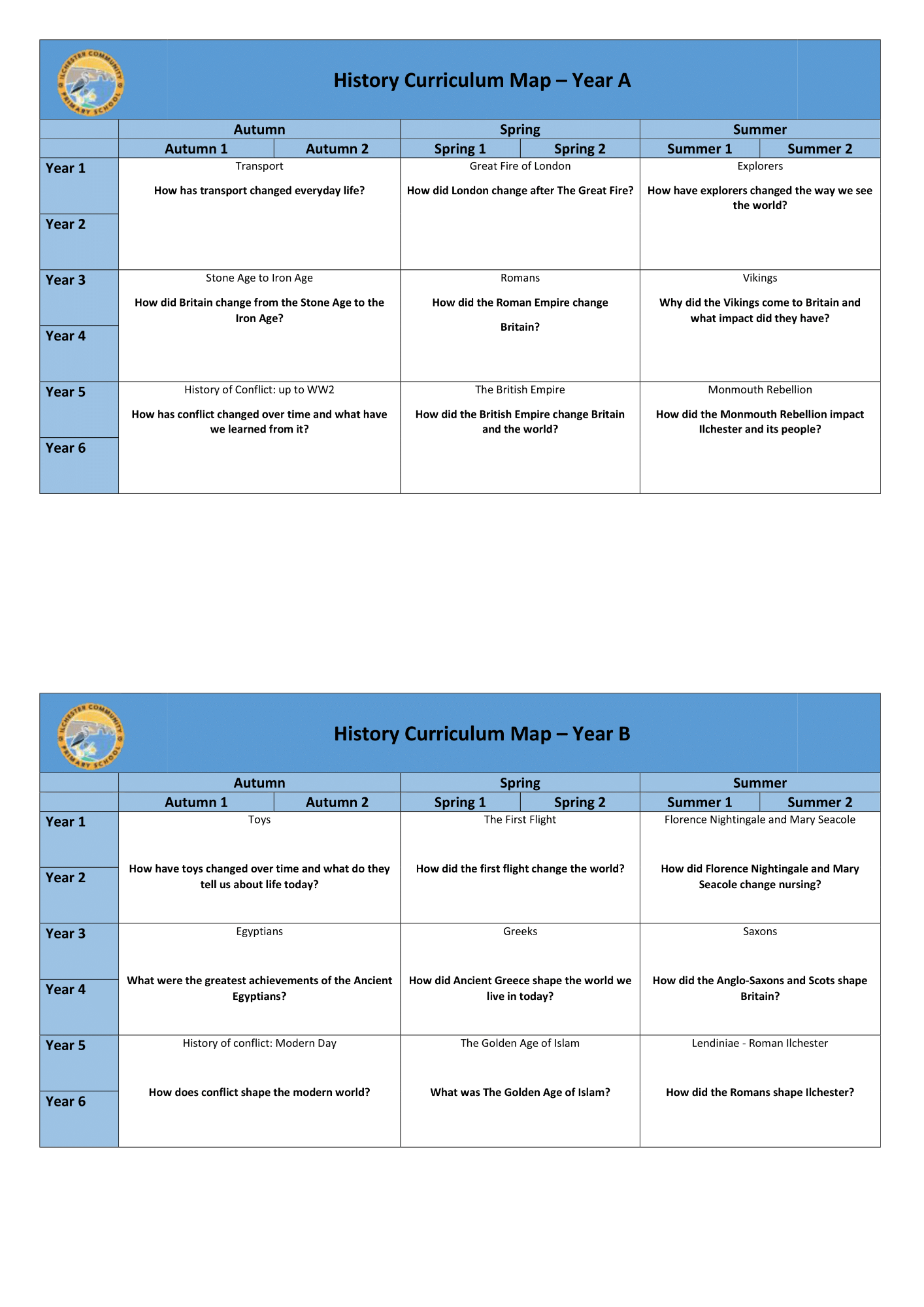
Examples of Work
